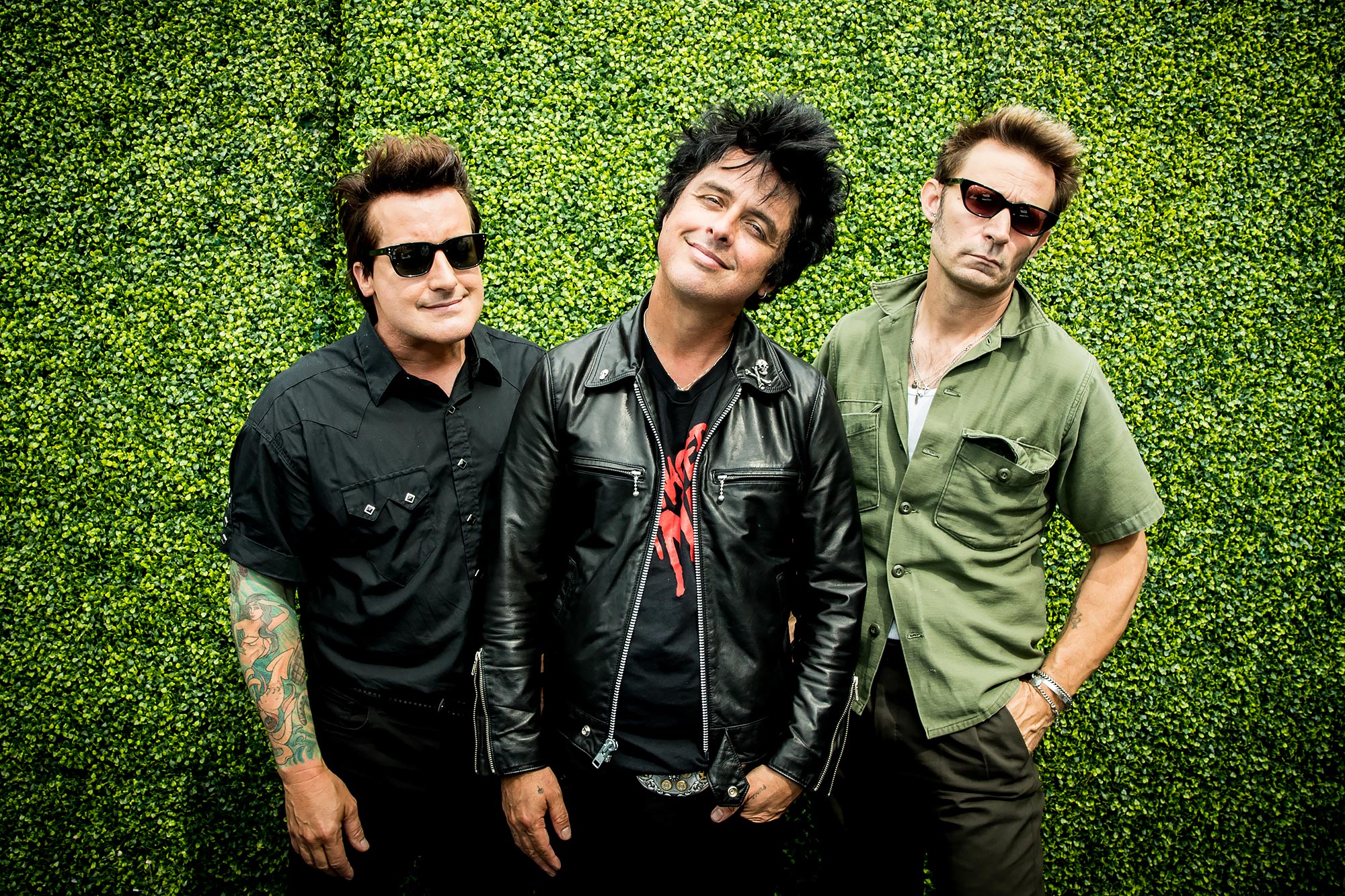
Green Day, Notorious B.I.G., The Chicks and Others Enter the Library of Congress

Discover the latest additions to the Library of Congress, including iconic albums by Green Day, Blondie, and Biggie Smalls among others in the 2024 National Recording Registry.
Green Day, Notorious B.I.G., the Chicks and More Inducted Into the Library of Congress
Green Day, Notorious B.I.G, The Chicks. Getty Images(3)
The Library of Congress has added The Notorious B.I.G. to its collection.
The National Recording Registry revealed its 2024 selections on Tuesday, April 16. This registry, managed by the United States Library of Congress, aims to safeguard significant recordings that capture the essence of history and culture. Among the 25 recordings chosen this year is the debut album of the late Biggie Smalls, titled Ready to Die, released in 1994.
Librarian of Congress Carla Hayden chose The Cars’ 1978 self-titled album, ABBA’s Arrival, Blondie’s Parallel Lines, and Jefferson Airplane’s Surrealistic Pillow for the NRR. The Chicks’ 1998 album, Wide Open Spaces, and Green Day’s iconic 1994 album, Dookie, were also selected for preservation.
Lily Tomlin’s This Is a Recording made history as the first comedy album by a woman to be included in the Registry. Other notable additions were Bobby McFerrin’s “Don’t Worry, Be Happy,” Gene Autry’s “Rudolph, the Red-Nosed Reindeer,” Perry Como’s “Catch a Falling Star,” Bill Withers’ “Ain’t No Sunshine,” Doug E. Fresh and Slick Rick’s “La-Di-Da-Di,” and Johnny Mathis’ “Chances Are.”
Green Day, Notorious B.I.G., the Chicks and More Inducted Into the Library of Congress
Rich Fury/Getty Images for SiriusXM
The National Recording Preservation Act of 2000 established the National Recording Preservation Board with the goal of safeguarding and making more accessible America's audio heritage. According to the NRPB's mission statement, their focus is on ensuring the survival, conservation, and increased public availability of these recordings.
Since 2002, the Library of Congress has been selecting 25 recordings each year to be preserved as "audio treasures." Some of the initial recordings chosen for inclusion in the registry encompass a diverse range of iconic works, such as Ray Charles' "What'd I Say," Orson Welles' infamous "War of the Worlds" broadcast from 1938, Abbott and Costello's classic "Who's on First?" routine, Elvis Presley's Sun Records sessions, the historic 1909 recording of the Fisk Jubilee Singers performing "Swing Low, Sweet Chariot," and Grandmaster Flash and the Furious Five's pioneering "The Message."
Some of the iconic entries in the National Registry include The Beatles’ “Sgt. Pepper’s Lonely Hearts Club Band,” Chuck Berry’s “Roll Over Beethoven,” Patsy Cline’s “Crazy,” Little Richard’s “Tutti Frutti,” Johnny Cash’s “At Folsom Prison,” Nirvana’s “Nevermind,” John Coltrane’s “Giant Steps,” the Ramones’ self-titled debut album, Frank Zappa and the Mothers of Invention’s “We’re Only in It for the Money,” Tupac Shakur’s “Dear Mama,” and Public Enemy’s “Fear of a Black Planet.”
Green Day, Notorious B.I.G., the Chicks and More Inducted Into the Library of Congress
The Registry doesn't just have music recordings, it also includes other types of recordings. For example, Neil Armstrong's broadcast from the moon landing in July 1969, Studs Terkel's interview with author James Baldwin in 1962, Allen Ginsberg reciting his poem "Howl" in 1969, and President Franklin D. Roosevelt's "Day of Infamy" speech.
"For the past 21 years, the National Recording Preservation Board has played a crucial role in selecting landmark recordings to be inducted into the Library’s National Recording Registry," stated Robbin Ahrold, chair of the Board.
Ahrold also mentioned that the Board is excited to continue working with the Librarian in recognizing influential works in our rich sound heritage. Additionally, they will be promoting the National Recording Registry through their social media and streaming campaigns.
Editor's P/S:
The Library of Congress's National Recording Registry is a testament to the enduring power of music and its ability to capture the spirit of an era. The 2024 selections, which include iconic albums from The Notorious B.I.G., Green Day, and The Chicks, highlight the diversity and cultural significance of American music. The inclusion of comedy albums, such as Lily Tomlin's "This Is a Recording," further expands the registry's scope and recognizes the impact of humor on our collective consciousness.
The Registry's preservation efforts are not limited to music. It also includes spoken word recordings, such as Neil Armstrong's moon landing broadcast and Studs Terkel's interview with James Baldwin, which provide valuable insights into historical events and cultural movements. By safeguarding these recordings, the Library of Congress ensures that future generations can experience and learn from the voices and sounds that have shaped American history and culture.










